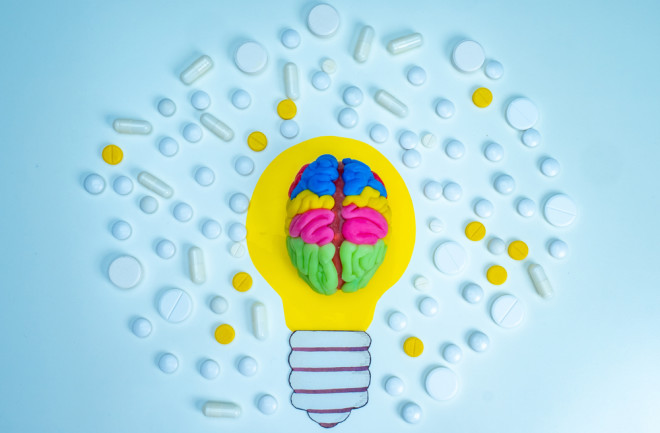Anyone who has a brain can’t help but be interested in the buzzy class of supplements known as nootropics. Already a $10 billion plus industry, nootropic supplements and treatments offer an almost irresistible promise: to enhance brain function and general cognition, including superior focus, sharper thinking, and better memory.
For the millions of people suffering from cognitive decay (and the families who have to watch it happen), nootropics offer a kind of Hail Mary pass, a last-ditch effort to shore up the declines that inevitably occur with aging, or with the depredations of dementia and Alzheimer’s.
For others, ranging from college students to overworked businesspeople, nootropics hold out the promise of increased performance and superior retention of knowledge in the form of a pill or gummy that could purportedly give someone a cognitive edge that others lack. But how much of the promise of nootropics is science fact? This is especially true of hot new products like Neuriva. Does Neuriva actually deliver nootropic benefits?
What Is Neuriva?
Neuriva is marketed as a brain health supplement designed to enhance various aspects of brain function, including memory, focus, accuracy, concentration, and learning. It contains ingredients like coffee cherry extract and phosphatidylserine.

